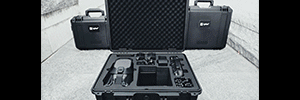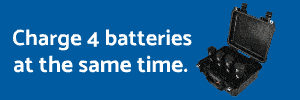Looks like they have removed the rules about flying near vehicles and only flying in the day. Also states explicitly that you don't have to insure your drone.
Not so. Here’s the rules for recreational flyers from Transport Canada website:
• within 90 m above the ground or lower
• at least 30 m away from vehicles, vessels, and the public
(if your drone weighs more than 250 g up to 1 kg)
• at least 76 m away from vehicles, vessels, and the public
(if your drone weighs more than 1 kg up to 35 kg)
• at least 5.6 km from aerodromes (any airport, seaplane
base, or areas where aircraft take-off and land)
• at least 1.9 km away from heliports or aerodromes used exclusively
by helicopters
• outside of controlled or restricted airspace
• at least 9 km away from a natural hazard or disaster area
• away from areas where it could interfere with police or first responders
• during the day and not in clouds
• within your sight at all times
• within 500 m of yourself or closer
• only if clearly marked with your name, address and telephone number











